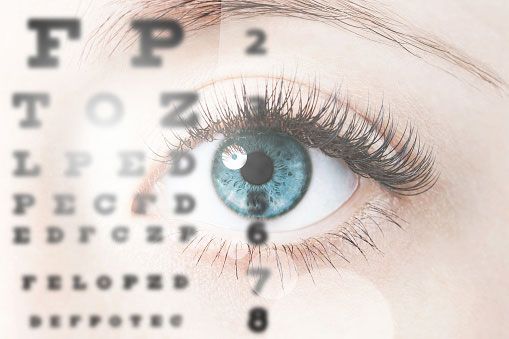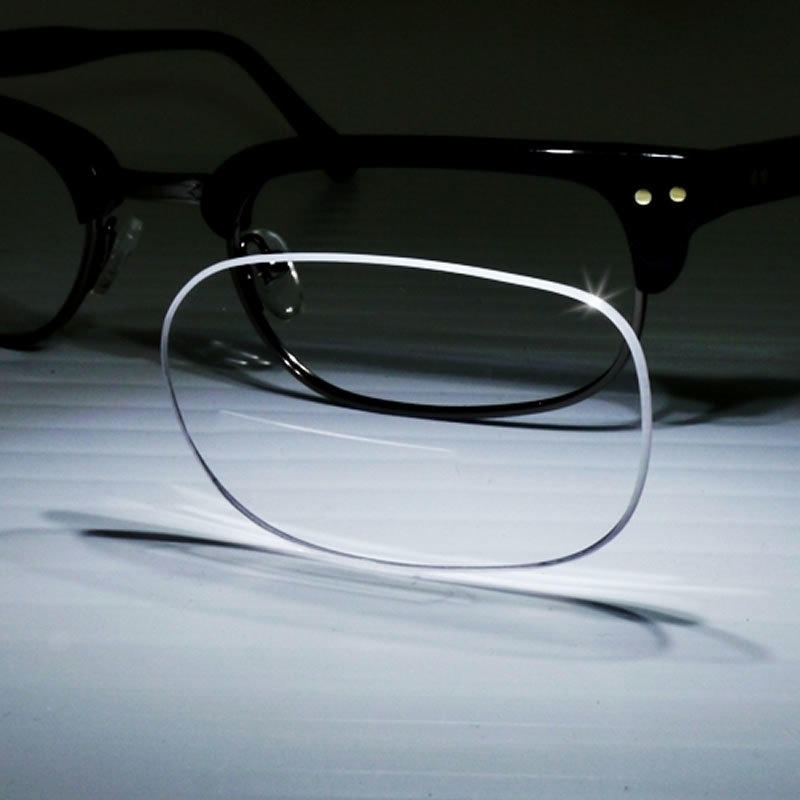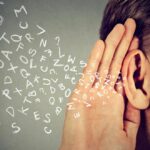Jesus said,
He who has ears, let him hear. – Matthew 13:9 ESV
Having eyes do you not see, and having ears do you not hear? – Mark 8:18 ESV
 The way we see things matters. How accurately we see things may be the debate. Then again, the argument of accuracy may be more about perspective.
The way we see things matters. How accurately we see things may be the debate. Then again, the argument of accuracy may be more about perspective.
I have developed double vision as a result of surviving PML. So I have prism glasses to help me see clearly and have good perspective. The prism lens aligns what I see out one eye with what I see out of the other – both horizontally and vertically. Without my prism glasses, not only is my sight out of focus, but I see two of everything and my perspective is way off.
We often passionately argue over how clearly we see what the other should see. (Of course we also hear but do not listen!) We may even try to strongly persuade others that our perspective is right while other perspectives are wrong. Such conversations become filled with angry vitriol as both sides try to “win” their cases.
Before entering into such impassioned discourse perhaps we should start with seeking to determine what lens the other is using. In other words, what is their world-view? How do they see things? What is their perspective. You likely already know yours.
One size rarely fits all. Indeed, all lenses are not the same, just as all glasses are not. By this I mean that terms, or even words, are not all understood the same way. They may hold different meanings to different people. Yet in our verbal exchanges we frequently throw words out toward each other, assuming that the words themselves are clearly understood the same way, when they are not.
What is the real issue? Is it just semantics? Perhaps it’s more about optics.
For instance, what do the following words mean to you?
- America – Nation or land?
- Americans – Upper & middle class or all classes of people?
- Man – Humans or males?
- Humanity – Human nature or sin?
- Unity – Consensus or conformity?
- Justice – Equity or equality?
- Freedom – Liberty or license?
- Homosexual – Orientation or identity?
- Christian – Religious affiliation or identity?
- Homosexuality – Sexual practice or lifestyle?
- Homelessness – Misfortune or irresponsibility?
- Gospel – Story of salvation or formula for salvation?
- Discipleship – Information or transformation?
- Mind (of Christ) – same thinking or same lens?
So, when we talk with each other about a certain construct or system, are we aware of what particular term or word we are using?
Words matter too. To some Democracy means the same as White Power or Privilege. Free Market may seem more likean exclusive club, while Capitalism may mean systematic oppression. One talks about principle while the other talks about experience. Where one speaks of a concept the other is talking from personal life. And so the rift is intensified resulting in little to NO understanding. All the more do we become polarized.
It seems we all suffer from double vision, never willing to acknowledge the perspective of another, be it right or left.
Civil unrest wears many lenses. If we are to better understand each other in our embattled social discourse (be it liberal or conservative), it would be beneficial for us to do so with our glasses on; all the time being aware of how God sees us personally.
Jesus, himself, said of his own disciples,
But blessed are your eyes, for they see, and your ears, for they hear.Matthew 13:16 (ESV)

RWO/MAST







Comments by Ric Ochsner